
Vietnamese folk beliefs, which combine animism, ancestor worship, Buddhism, and Confucianism, are firmly ingrained in the history and cultural traditions of the nation. Worldviews, customs, & rituals are shaped by these beliefs, which significantly impact daily life. They symbolize the spiritual bond between humans, the natural and spiritual worlds.
These ideas strongly emphasize kinship with the natural world and community. Vietnamese people hold that spirits and deities in the natural world must be respected and appeased with sacrifices and rituals. Worshiping ancestors is essential because it is thought that they continue to impact the lives of their descendants and should be respected.
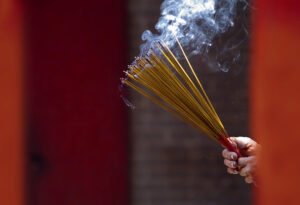
In Vietnam, folk beliefs play a fundamental role in society and impact various life aspects, including marriage, family, and health. They symbolize a sophisticated system of cultural & spiritual customs that have developed over centuries, retaining their essential ideas while adjusting to shifting social and historical settings. As evidence of their adaptability and resilience in Vietnamese society today, these beliefs frequently coexist with modern lifestyles and more formal religious practices. Both domestically and overseas, Vietnamese communities still play a critical role in preserving social cohesiveness and cultural identity.
Numbers that are lucky and unlucky. The idea that specific numbers are lucky or unlucky is a prevalent superstition in Vietnam. Since the number 8 sounds like the Vietnamese word for prosperity, it is said to be extremely lucky, while the number 4 is said to be unlucky because it sounds like the word for death. Charms & Amulets: Their Power.
The idea that charms and amulets can ward off evil spirits & bring good luck is another common superstition. Many Vietnamese people carry talismans or wear protective amulets for protection and luck. impact on day-to-day living.
The Vietnamese people’s decisions about marriage, business, and even building a house are heavily influenced by superstitions. For instance, many Vietnamese couples consult fortune tellers to find lucky dates for their wedding. Before making crucial decisions, business owners sometimes turn to spiritual mediums for advice. The ingrained conviction in the interdependence of the material and spiritual realms in Vietnamese culture is reflected in these superstitions. The folk beliefs of Vietnam have been significantly impacted by Buddhism & Confucianism. Buddhism is one of the most popular religions in Vietnam today, and it was brought there from India in the second century AD. Vietnamese folk beliefs have been extensively impacted by the central Buddhist teachings of karma, reincarnation, and the pursuit of enlightenment, which have shaped their perception of the spiritual world and the afterlife.
Confucianism has also had a long-lasting influence on Vietnamese culture and folk beliefs because of its emphasis on filial piety, social harmony, and moral behavior. Honoring one’s ancestors and upholding social harmony and order within the community are two examples of how Confucian values are reflected. Vietnamese folk beliefs are firmly rooted in these ideals, which impact their social interactions, rituals, and customs. Buddhist, Confucian, and native spiritual practices are blended, demonstrating the syncretic character of Vietnamese folk beliefs.
Many Vietnamese people include Confucian and Buddhist ideas in their daily rituals & offerings to spirits and ancestors. The adaptability & tenacity of Vietnamese folk beliefs in incorporating various religious influences into their spiritual worldview is reflected in this syncretism. Vietnamese folk beliefs are centered around rituals and practices used to respect ancestors, placate spirits, and ask for blessings in various areas of life. Vietnamese folk beliefs strongly emphasize ancestor worship, where families keep ancestral altars in their homes and honor their ancestors with food, incense, and other offerings.
To protect and safeguard the family, these rites are carried out on meaningful dates like Tet, the Lunar New Year, & death anniversaries. Vietnamese folk beliefs are also rife with spirit worship, with different spirits said to inhabit natural objects like trees, rivers, & mountains. Offerings and ceremonies are performed to appease these spirits & win their favor and protection. For instance, farmers may hold ceremonies to guarantee a plentiful harvest, while fishermen may perform rites to appease the sea’s spirit before fishing.

Vietnamese folk beliefs also frequently involve divination, whereby individuals seek guidance on significant decisions or future events by consulting fortune tellers or spiritual mediums. Numerous techniques are used in divination, such as astrology, palmistry, and reading omens. These customs reflect Vietnamese culture’s belief in fate and the interdependence of the spiritual and material realms.
Traditional beliefs about health and wellness greatly influence Vietnamese culture, which affects how they view medicine, healing, and overall well-being. Herbal treatments, acupuncture, & spiritual healing are all part of traditional Vietnamese medicine, which has its roots in folk beliefs. Vietnamese medicine is centered on balance (yin and yang), emphasizing preserving harmony within the body and with the environment.
Many Vietnamese people also think that talismans, charms, and amulets can prevent disease and promote good health. To dispel bad energy & advance well-being, these protective objects are frequently worn or displayed in homes. Rituals and offerings can also be performed to ask for blessings from gods or spirits connected to health and healing. Vietnamese culture is rife with superstitions about health & illness, which have an impact on lifestyle, food, & hygiene choices. For instance, pregnant women may abstain from particular foods or activities if they think they will harm the fetus or bring bad luck.
To promote a quick recovery and shield themselves from harmful influences, many Vietnamese people also adhere to particular taboos or rituals during illness or healing—superstitions about Courtship and Marriage. In Vietnamese culture, getting married is a big deal, and courtship, marriage, and married life are all rife with superstitions. Couples frequently consult fortune tellers to find lucky wedding dates or advice on compatibility based on astrological signs.
Worship of Ancestors and Family Dynamics. In the home, superstitions have a significant impact on relationships and family dynamics as well. In Vietnam, family life revolves around ancestor worship, which involves rituals and offerings to honor ancestors and ask for their blessings. Many superstitions center on keeping the family harmonious, such as abstaining from specific actions or behaviors that bring misfortune or strife. Superstitions About the Future and Well-Being of Children.
Numerous superstitions concerning children’s future & well-being are also prevalent. For advice on choosing lucky names for their children or blessings for future success, parents might consult fortune tellers or spiritual mediums. These superstitions reflect Vietnamese culture’s ingrained faith in fate & the interdependence of family ties. Traditional beliefs profoundly shape Vietnamese culture and society, influencing social interactions, customs, traditions, and worldviews.
These beliefs give the Vietnamese people a sense of identity and cultural legacy and provide a framework for comprehending their place in the natural and spiritual worlds. In addition to providing a sense of community and shared values among the populace, folk beliefs promote social cohesion. Traditional festivals, literature, art, and architecture are just a few areas where folk beliefs have left their mark on Vietnamese society. Folk beliefs provide spiritual symbolism and meaning to various cultural practices and artistic expressions.
Traditional dance and music, for instance, frequently feature themes associated with spiritual rituals, ancestor worship, and mythology. Folk beliefs also influence Vietnamese society’s social norms and behaviors. Numerous traditions and taboos originate in superstitions about good fortune, luck, and well-being.
For instance, some actions or behaviors may be avoided during particular times or events because they are thought to bring bad luck or unfavorable outcomes. Traditional values within the community are reinforced by these superstitions, which also guide social behavior. In summary, folk beliefs in Vietnam play a crucial role in shaping the nation’s customs, traditions, social interactions, and worldview. They are an essential component of the country’s cultural heritage. A syncretic blending of religious influences, Buddhism, Confucianism, animism, and ancestor worship is evident in different aspects of Vietnamese folk beliefs.
Within Vietnamese society, superstitions about health, wealth, marriage, family, & luck have a significant influence on how people behave & make decisions. To add to the rich tapestry of Vietnamese cultural heritage, folk beliefs are a source of identity, cultural cohesion, and spiritual connection for the people.
If you’re interested in learning more about Vietnam’s diverse narratives and spirit, check out this article on VietSozial. It delves into Vietnam’s rich cultural heritage and traditions, including folk beliefs and superstitions passed down through generations. This article provides a deeper understanding of the cultural significance of these beliefs and how they continue to shape Vietnamese society today.
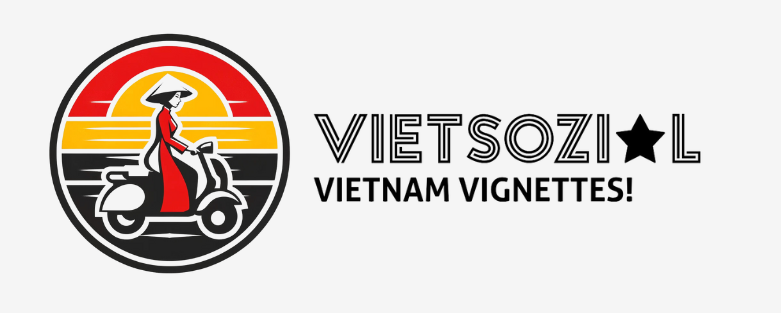
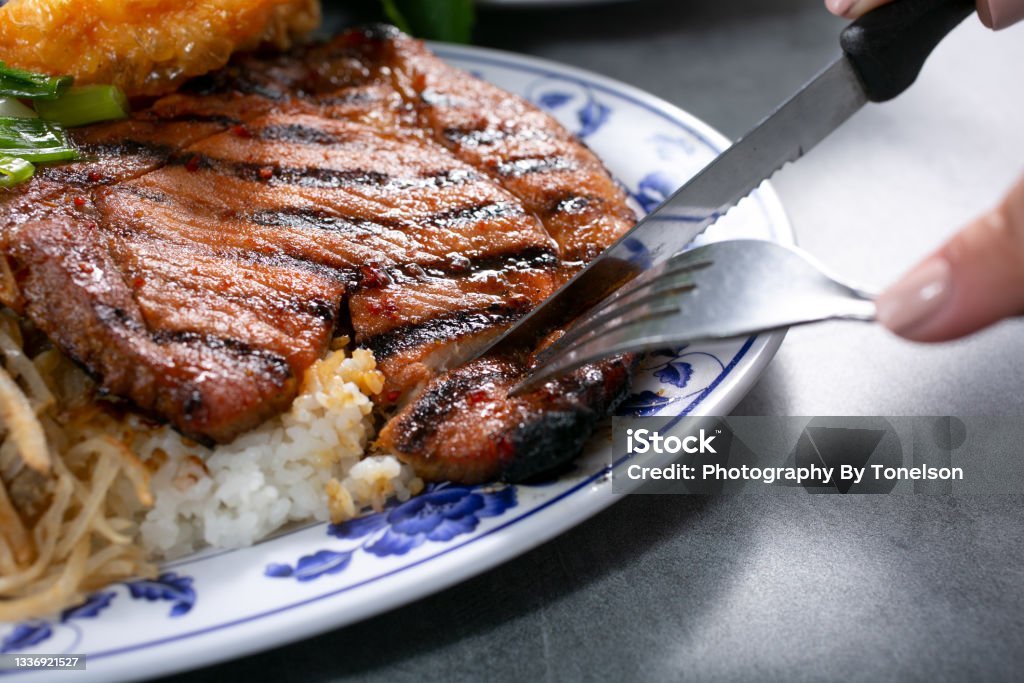
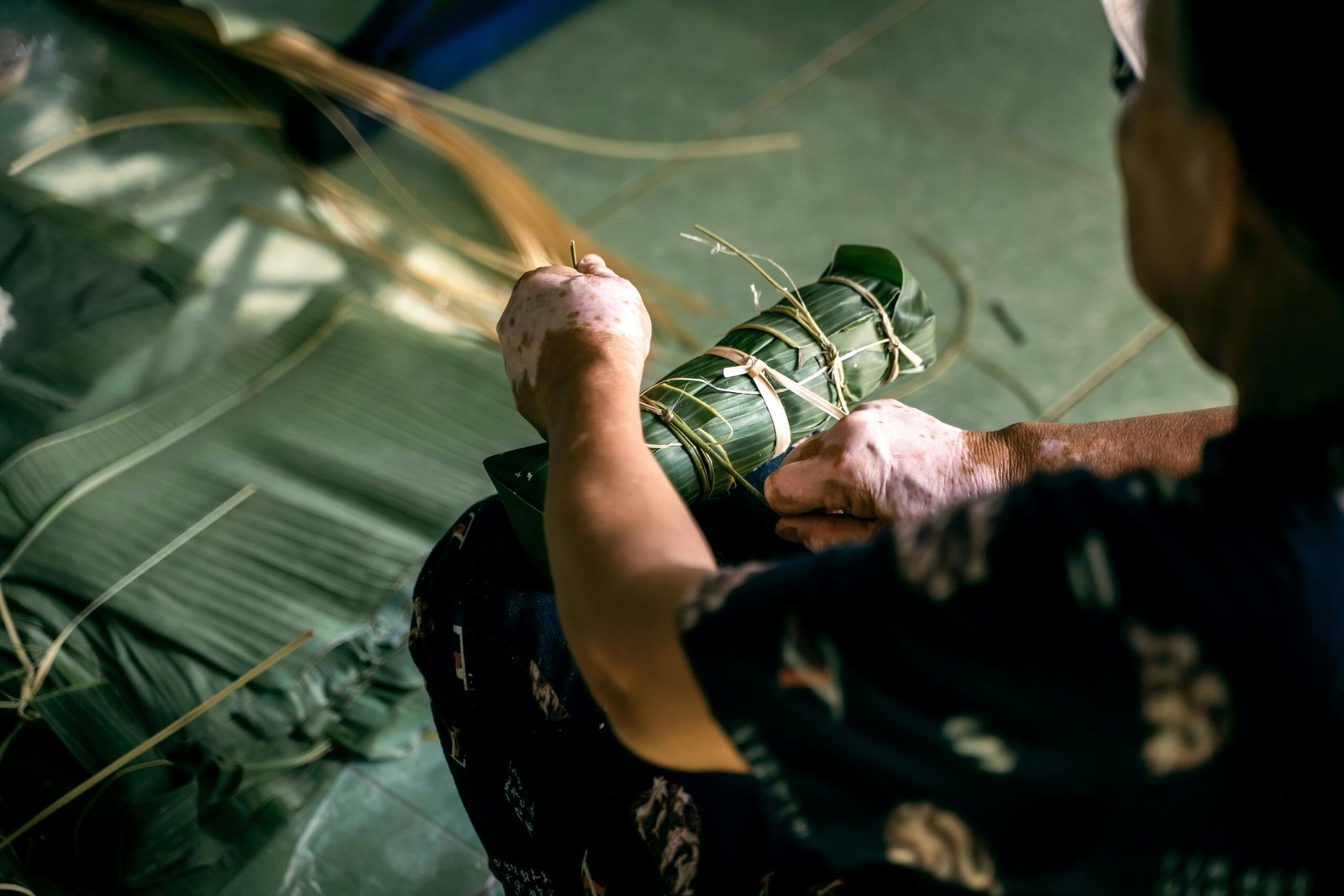
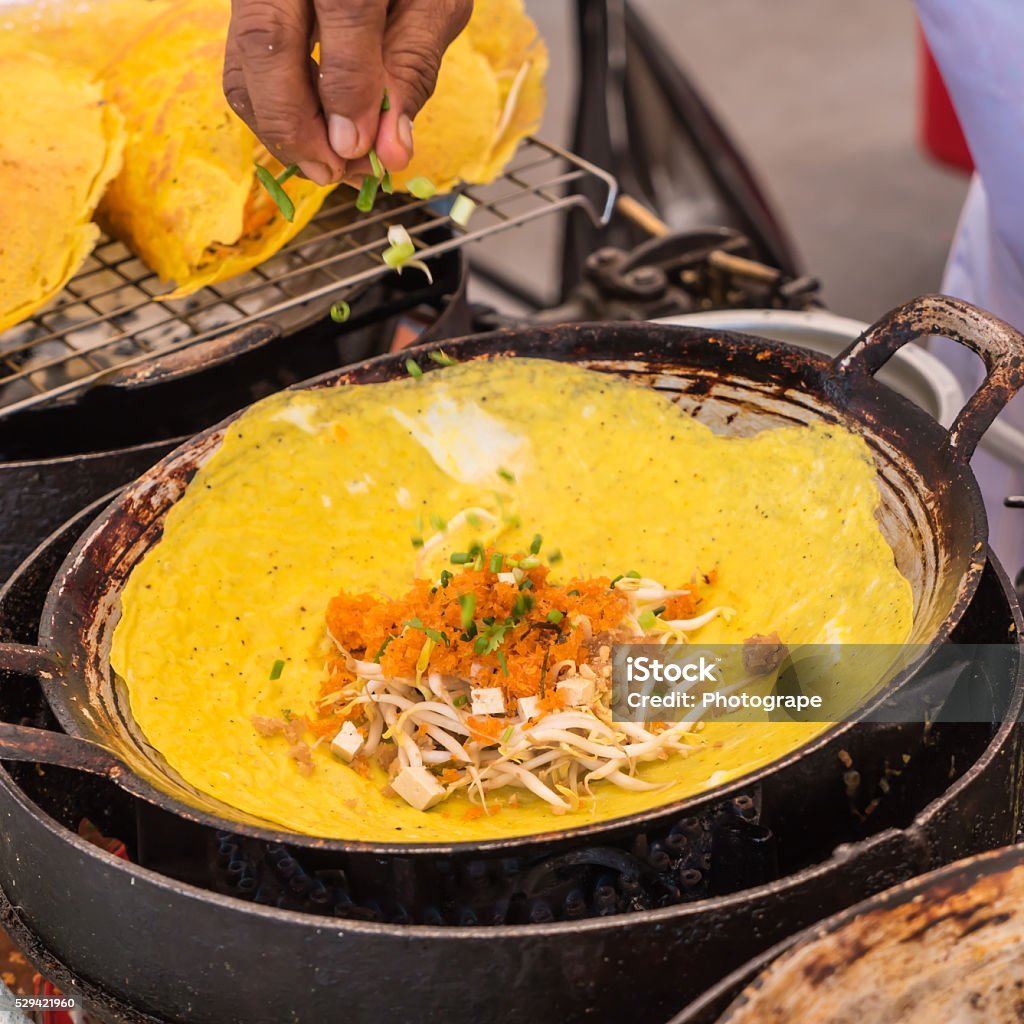
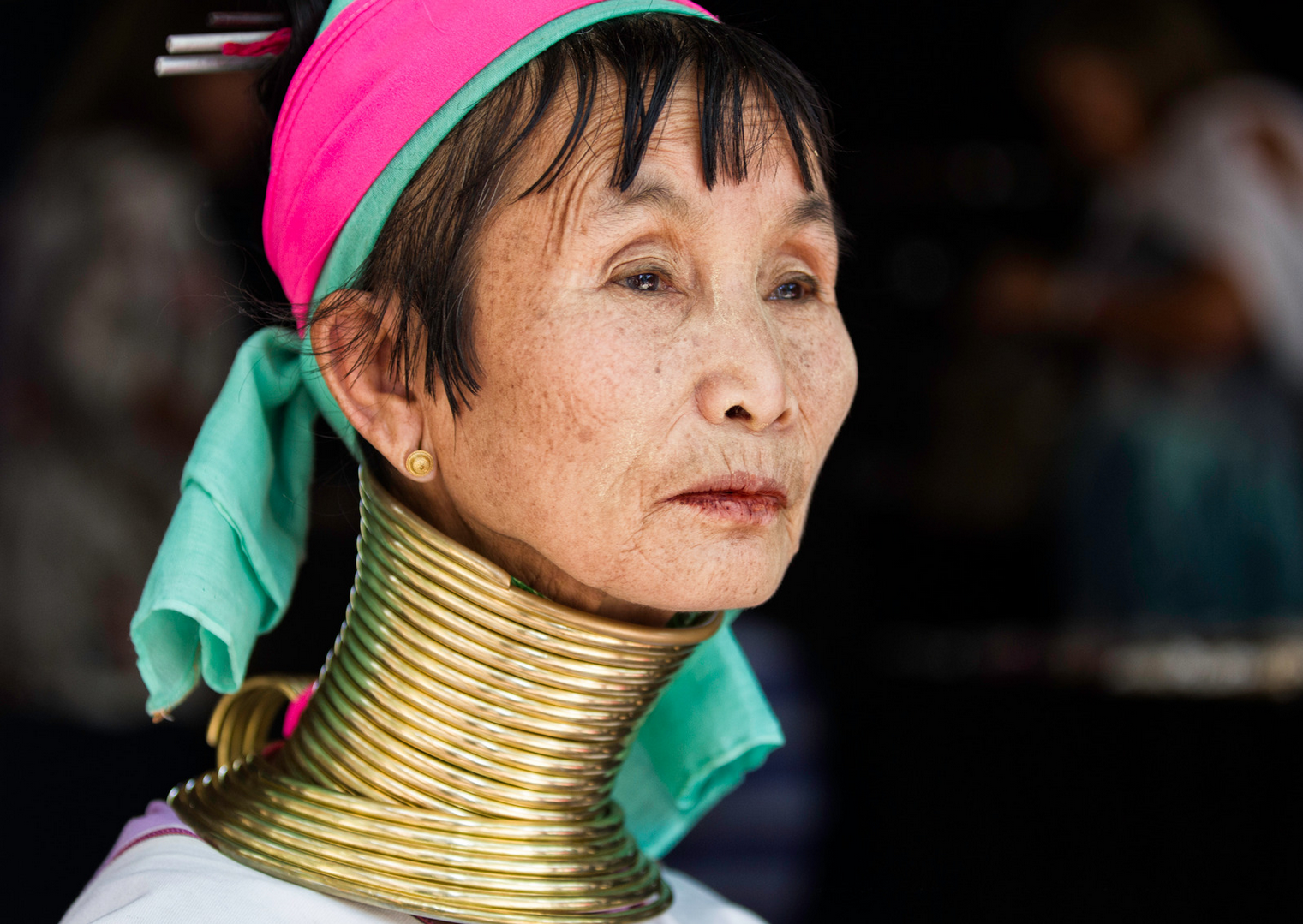
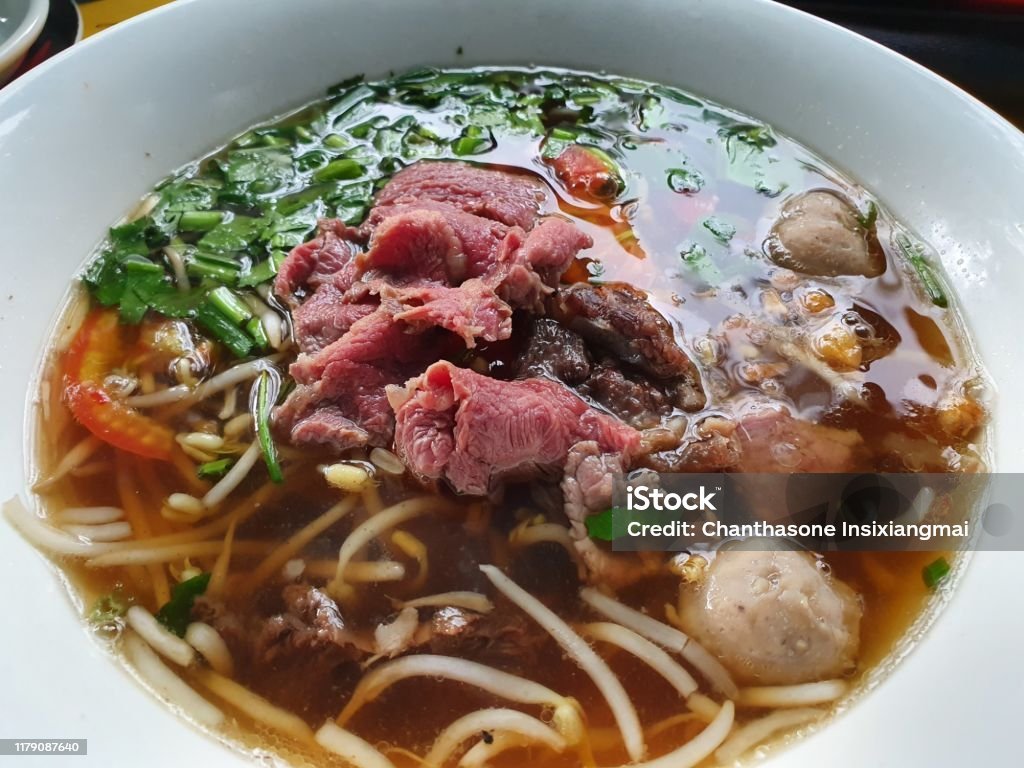
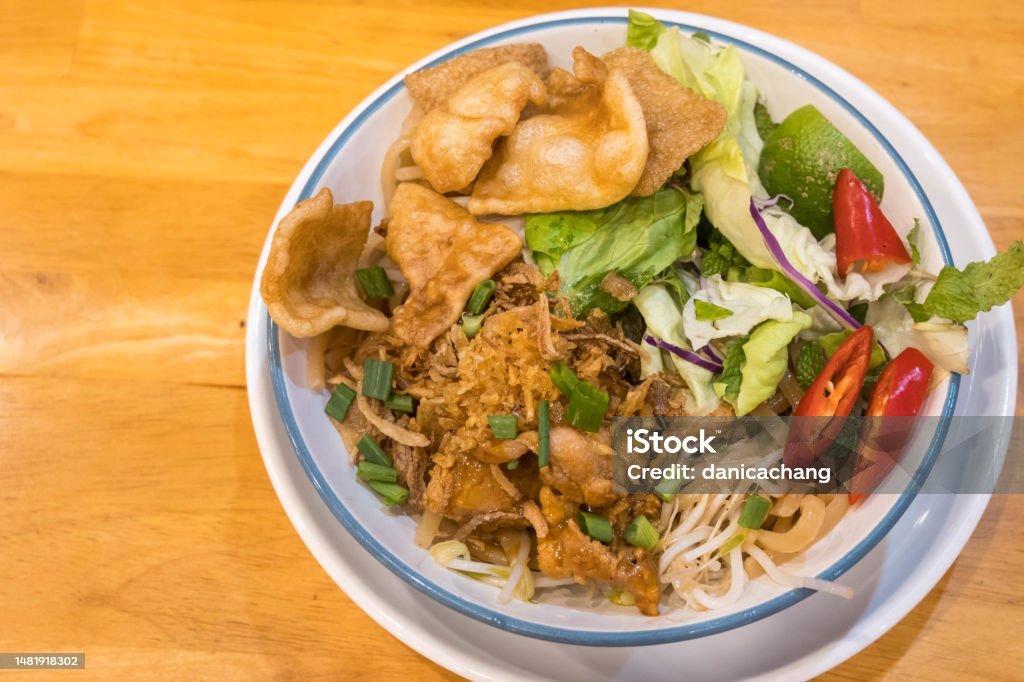
Comments are closed.